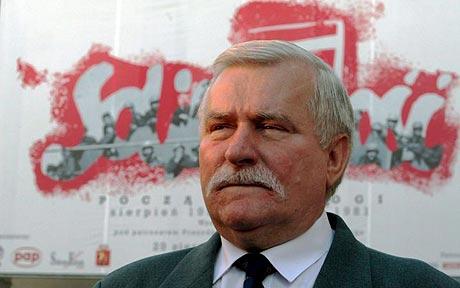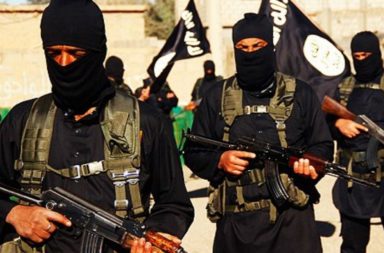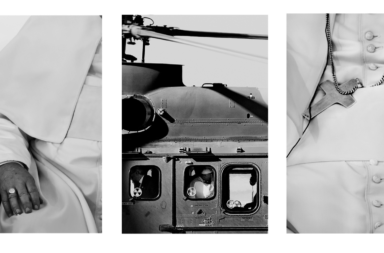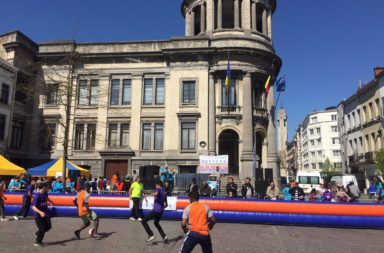No man was closer to Pope John Paul II than Stanislaw Dziwisz, now the Cardinal of the Cultural Center of Poland in the South Eastern university city of Krakow (see photo above).
He met then bishop and later cardinal Karol Wojtyla in Krakow in 1966 and became his secretary and later, as Archbishop, the right hand of the newly elected Pope John Paul II until his death in April 2005 for 39 years. The same year he followed his friend and spiritual master and took over his former position as Archbishop of Krakow.
“John Paul II lived in God. He was looking for thoughts and God in daily life, made people happier and talked to everybody by addressing the young people. It was not so much his great personality but his living-in-God that made him strong and influential”, Dziwisz told me some years ago in Krakow.
As a defender of human rights he was a rock standing against inhuman communism in Poland.
This power of high moral authority was seen as a threat by the KGB, who tried to eliminate him in a failed shooting attempt on Saint Peter’s Square by a professional killer.
Asked about his position on the dialogue with Islam the cardinal reminded me of the meeting by John Paul II with Islamic elders in Damascus who welcomed him as ‘our Grand Mufti’.
He said:
The future depends very much on the ability of a constructive dialogue with Islam and to find values we can share.
Struggle is not the right way, but to look for common roots.
Introduced to my project The Human Codes of Tolerance and Respect the cardinal welcomed this approach and praised “my good friend Alfons Nossol”, the Archbishop in Opole (Oppeln) in Upper Silesia in Poland, whose experience as the great reconciliator between the German and Polish people and fundamental thoughts on the Christian way of peacemaking have been integrated into the code’s wordings and proposals. There my book Codes of Tolerance is published in Polish with an introduction by Archbishop Nossol.
“Here in Poland you may find many values we can share with others”, the cardinal added.
This statue of Pope Johannes Paul II in his former residence as cardinal in Krakow stands in the large reception room where he was trained as young priest in the underground seminar in World War II, worked as a cardinal and visited his city many times.
Another Polish icon of global effect with whom I had the honor to have dinner was Lech Walesa, founder of the Solidarnosc movement and leader of the Gdansk shipbuilding strike which started in 1980 (picture below).

The man who impeached Communism in Poland and helped defeat the Soviet Union in the 1980’s was awarded the Nobel Peace Prize in 1983, and became the first post-Communist President of Poland in 1989.
A simple man from the streets, a worker, not an intellectual, a general, or a politician, Walesa is just a down-to-earth man with courage and guts founded in a faith in God (which he symbolizes by wearing his famous Maria button, a gift of Pope John Paul II).
Now he looks much fitter, happier and more full of wisdom than when I met him some years ago.
“We need common values in our globalized word and new solidarity with values,” he told me. “No leader in the world expected what happened in Poland and Europe in the 1980’s. A dream became reality. My father could not believe that there are no Polish troops next to the German border like there had been for hundreds of years.”
“The Russians were the victims of Communism themselves and are the winners – not the losers – of the wind of change, as Gorbachev and Yeltsin were aware but not Putin and many of his followers now”, this icon of freedom and a united Europe argued.
From these three Polish icons of freedom and moral values, we all can learn, we should, we must.




